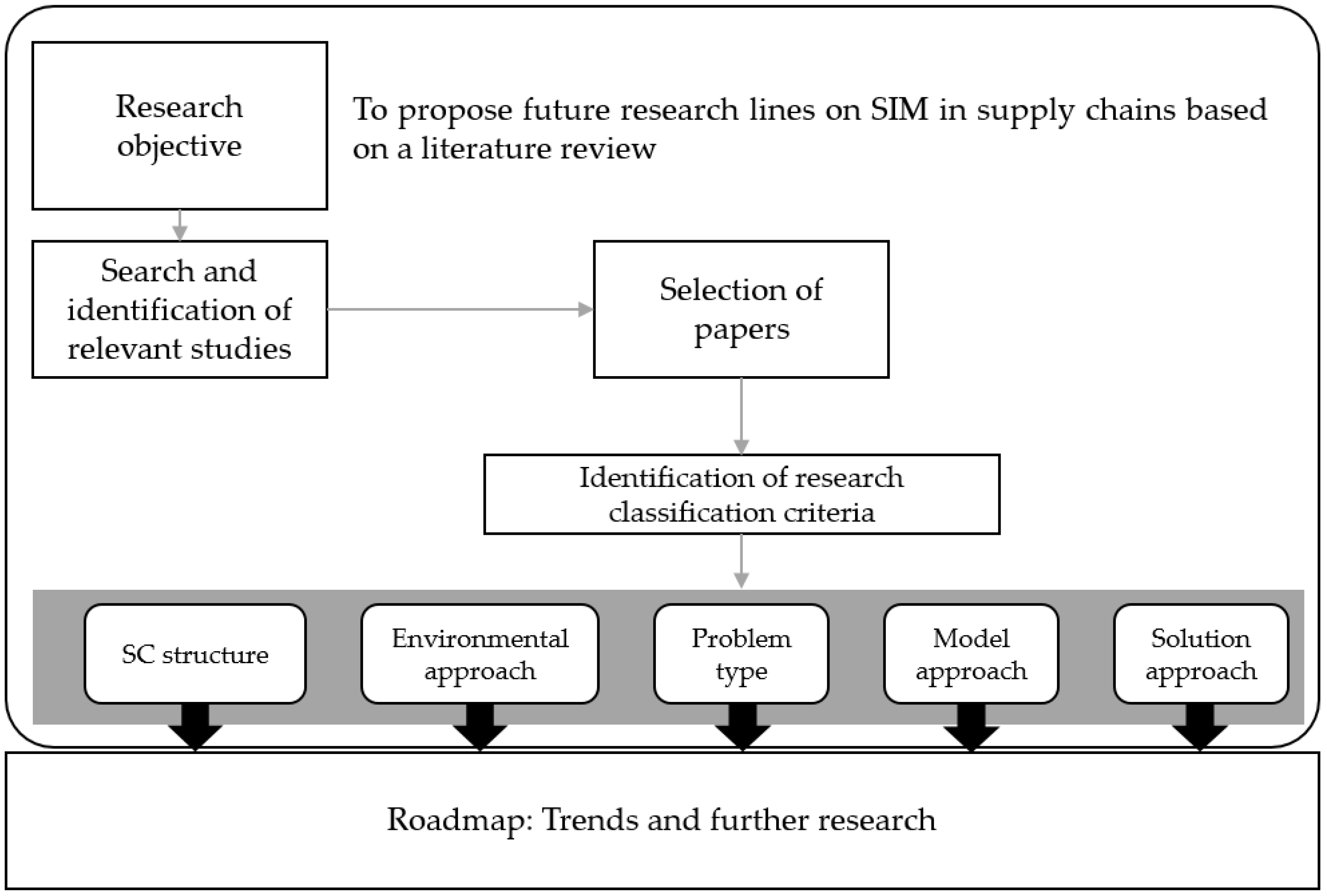Sustainable Solutions: Inventory Management Essentials
In today’s rapidly changing business landscape, the concept of sustainability has become increasingly important. Companies are recognizing the need to adopt environmentally friendly practices in order to protect the planet for future generations. One area where businesses can make a significant impact on sustainability is through effective inventory management.
Inventory management is the process of overseeing the flow of goods from manufacturers to warehouses to retailers and ultimately to customers. It involves tracking inventory levels, forecasting demand, and ordering and storing products in an efficient manner. By implementing sustainable inventory management practices, companies can not only reduce their environmental impact but also increase their bottom line.
One key aspect of sustainable inventory management is reducing waste. When companies have excess inventory sitting on shelves, it not only ties up valuable capital but also contributes to environmental waste. By accurately forecasting demand and optimizing inventory levels, businesses can minimize excess inventory and ensure that products are available when customers need them.
Another important aspect of sustainable inventory management is the use of eco-friendly packaging materials. Traditional packaging materials like plastic and Styrofoam can be harmful to the environment, taking hundreds of years to decompose. By using biodegradable or recyclable materials, companies can reduce their carbon footprint and minimize their impact on the planet.

Image Source: mdpi.com
In addition to reducing waste and using eco-friendly materials, companies can also promote sustainability through efficient transportation practices. By optimizing delivery routes and consolidating shipments, businesses can reduce fuel consumption and lower their greenhouse gas emissions. This not only benefits the environment but also helps companies save on transportation costs.
Furthermore, sustainable inventory management can also involve working with suppliers who share the same commitment to sustainability. By partnering with ethical suppliers who adhere to environmentally friendly practices, companies can ensure that their entire supply chain is aligned with their sustainability goals.
Overall, sustainable inventory management is crucial for promoting sustainability in business. By reducing waste, using eco-friendly packaging materials, optimizing transportation practices, and working with ethical suppliers, companies can make a positive impact on the environment while also improving their operational efficiency and profitability.
In conclusion, sustainable inventory management is not only good for the planet but also for the bottom line. By implementing environmentally friendly practices in inventory management, companies can reduce waste, lower their carbon footprint, and promote sustainability throughout their supply chain. It is essential for businesses to prioritize sustainability in order to create a better future for generations to come.
Going Green with Efficient Inventory Practices
In today’s world, the concept of sustainability has become more important than ever. Businesses are realizing the impact that their operations have on the environment, and are taking steps to minimize their carbon footprint. One area where companies can make a significant difference is in their inventory management practices.
Efficient inventory practices not only help businesses save time and money, but they also play a crucial role in promoting sustainability. By optimizing the way they manage their inventory, companies can reduce waste, minimize their impact on the environment, and contribute to a more sustainable future.
One of the key ways that efficient inventory practices can promote sustainability is by reducing the amount of excess inventory that a company holds. When a business holds too much inventory, it can lead to waste as products become obsolete or expire before they can be sold. By implementing efficient inventory management practices, companies can minimize the amount of excess inventory they hold, reducing waste and ultimately helping to protect the environment.
In addition to reducing waste, efficient inventory practices can also help businesses minimize their energy consumption. By streamlining their inventory processes and using technology to track and manage inventory more efficiently, companies can reduce the amount of energy needed to store and manage their products. This not only helps to lower operating costs, but also reduces the company’s carbon footprint, making a positive impact on the environment.
Furthermore, efficient inventory practices can also help businesses reduce their reliance on natural resources. By optimizing their inventory management processes, companies can minimize the need for raw materials and reduce the environmental impact of their operations. This not only helps to conserve valuable resources, but also reduces the company’s overall environmental footprint.
Another way that efficient inventory practices can promote sustainability is by improving supply chain efficiency. By optimizing inventory levels and streamlining inventory processes, companies can reduce the amount of transportation needed to move products from one location to another. This not only helps to lower transportation costs, but also reduces the company’s carbon emissions, making a positive impact on the environment.
Overall, efficient inventory practices play a crucial role in promoting sustainability within businesses. By reducing waste, minimizing energy consumption, conserving resources, and improving supply chain efficiency, companies can make a significant impact on the environment and contribute to a more sustainable future. So, let’s all go green with efficient inventory practices and make a positive difference for the planet!
The Role of Inventory Management in Sustainability